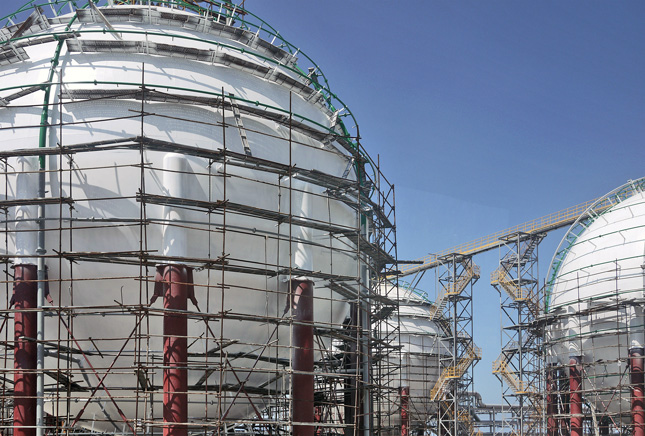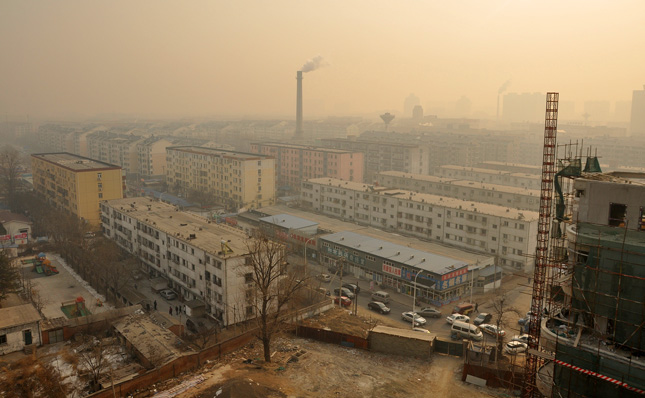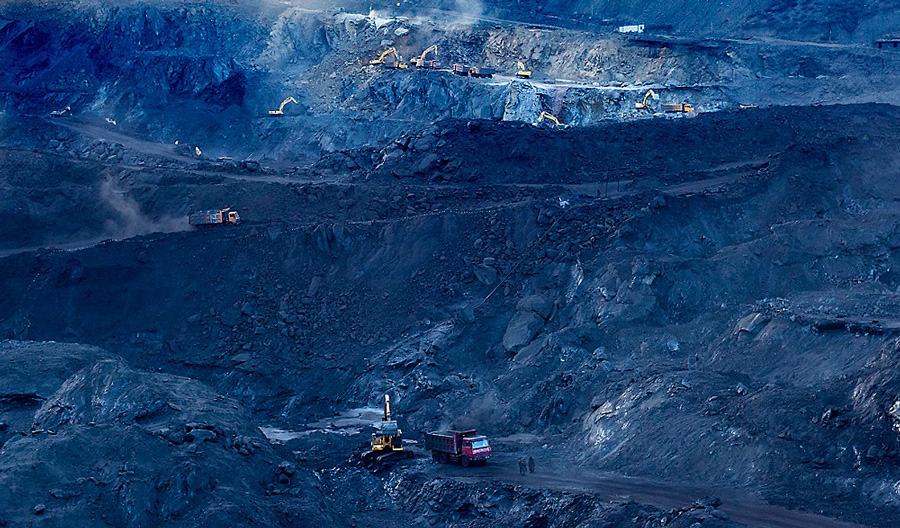-
Reporters Predict Contentious Year Ahead for Environment and Energy
›
With the Obama Administration moving forward on emissions reductions, the deadline for drafting the Sustainable Development Agenda, and a highly anticipated global climate summit in Paris, 2015 promises to be a crucial year for climate policy. “In many ways, last year was the year of building momentum, and this is the year of getting the work done,” said Lisa Friedman, deputy editor of ClimateWire, at the Wilson Center on January 5. [Video Below]
-
Lisa Friedman on a More Diverse Environmental Movement and the Critical Year Ahead for Climate Talks
›
“If you care about climate change and international response to climate change, the first two weeks of December in Paris, France, will be your Super Bowl,” says Lisa Friedman, deputy editor of ClimateWire, in this week’s podcast.
-
Clearing the Air: Is Natural Gas a Game Changer for Coal in China?
›
On the heels of a landmark U.S.-China climate agreement, 2015 will be a critical year for China’s environmental and energy policy. A revised and much stricter Environmental Protection Law went into force on January 1; new amendments to the Air Pollution Law are likely to be put in place; and the National Development and Reform Commission will draft a new five-year plan.
-
Low Oil Prices Could Shake up Africa’s Petro States
›
One in five African states produce hydrocarbons, and most of these are heavily dependent on oil and gas revenues to finance their governments and generate foreign exchange. Further, an emerging group of East African states are waiting on international oil companies to develop new oil and gas reserves. But Africa’s record using non-renewable oil and gas resources to trigger economic and social development is poor – and plummeting prices may portend more instability to come.
-
Two Decades Trying to Solve China’s Environmental Problems: An Interview With WWF’s Tao Hu
›
Despite some critics, the recent U.S.-China agreement over carbon emissions has sparked remarkable optimism in global climate negotiations. It’s also opened the door to new bilateral engagement between the U.S. and Chinese environmental communities on other issues, including China’s massive air pollution problems (16 of the world’s 20 most polluted cities are in China).
-
Next Stop, Lima: Building Momentum for a New Global Agreement on Climate Change
›December 1, 2014 // By Kathleen Mogelgaard
This fall, a series of significant events signaled what many see as a shift toward meaningful collective action on climate change.
-
Water and New Development Path Are Priorities in U.S.-China Climate Agreement
› NEW DELHI, India – There are nearly 1.3 billion people in this swarming democracy, where over 66 percent of eligible voters cast ballots in the general election last May. A few of them took me aside this week to express surprise at the puzzle that is the American electorate and its national leadership.
NEW DELHI, India – There are nearly 1.3 billion people in this swarming democracy, where over 66 percent of eligible voters cast ballots in the general election last May. A few of them took me aside this week to express surprise at the puzzle that is the American electorate and its national leadership. -
Earth Pushes Back: Era of Indifference Greets Droughts, Floods, Storms, Tsunamis
›
Showing posts from category China.







 NEW DELHI, India – There are nearly 1.3 billion people in this swarming democracy, where over 66 percent of eligible voters cast ballots in the general election last May. A few of them took me aside this week to express surprise at the puzzle that is the American electorate and its national leadership.
NEW DELHI, India – There are nearly 1.3 billion people in this swarming democracy, where over 66 percent of eligible voters cast ballots in the general election last May. A few of them took me aside this week to express surprise at the puzzle that is the American electorate and its national leadership.


